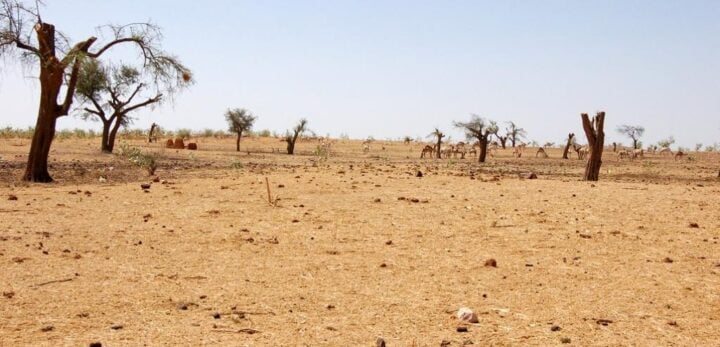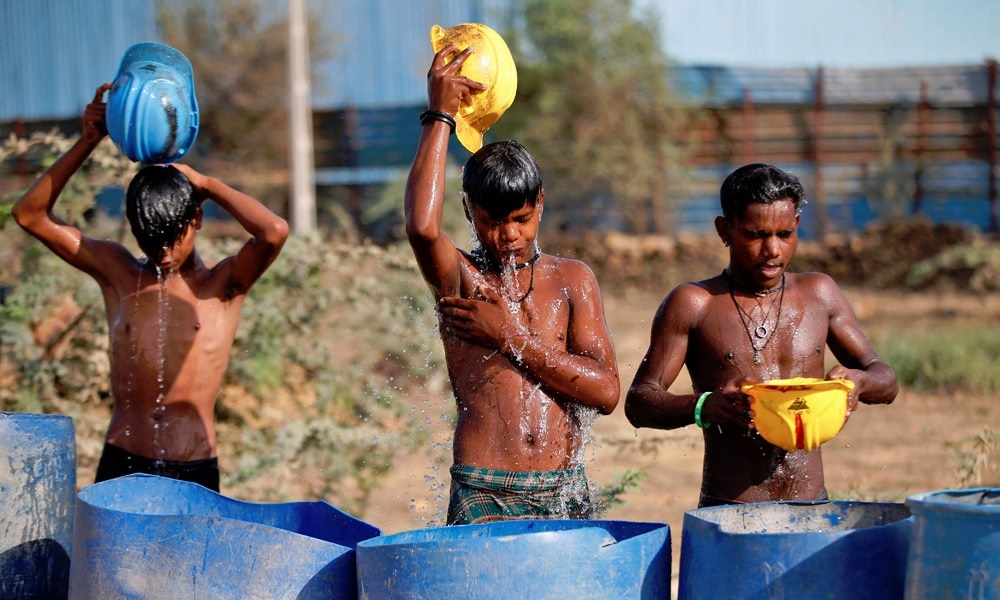Some parts of Nigeria are already battling desertification
A recent study has detailed that a billion people could die from climate catastrophes over the next century or so.
In the study published in Energies, a science journal, the researchers warned that if warming reaches or exceeds 2°C this century, roughly 1 billion mainly poorer humans will be killed.
According to the study, “warming of well over 2 °C, however, could indeed cause natural climate feedbacks to get out of control, leading eventually to human extinction”.
“Between these extreme boundaries, it is likely more than 300 million (“likely best case”) and less than 3 billion (“likely worst case”) will die as a result of AGW [anthropogenic global warming] of 2 °C.”
Advertisement
According to the United Nations (UN), environmental factors take the lives of about 13 million people every year.
It is unclear how many of these deaths are directly or indirectly linked to climate change.
The earth is now about 1.1°C warmer than it was in the 1800s, and many global climate bodies have shown that the world is not on track to attaining the goals of the Paris agreement.
Advertisement
The agreement aims to keep global temperatures below 1.5°C.
Environmental disasters that have caused millions of deaths include heat waves, crop failures, droughts, flooding, extreme weather, wildfires, and rising sea levels.
The scientists also harped on the “1000-ton rule” of analysis.
The “1000-ton rule” says a future person is killed every time 1000 tons of fossil carbon is burned.
Advertisement
The study called for “relatively aggressive” energy policies that would enable immediate and substantive decreases in carbon emissions and subsequently prevent the loss of lives.
Add a comment






